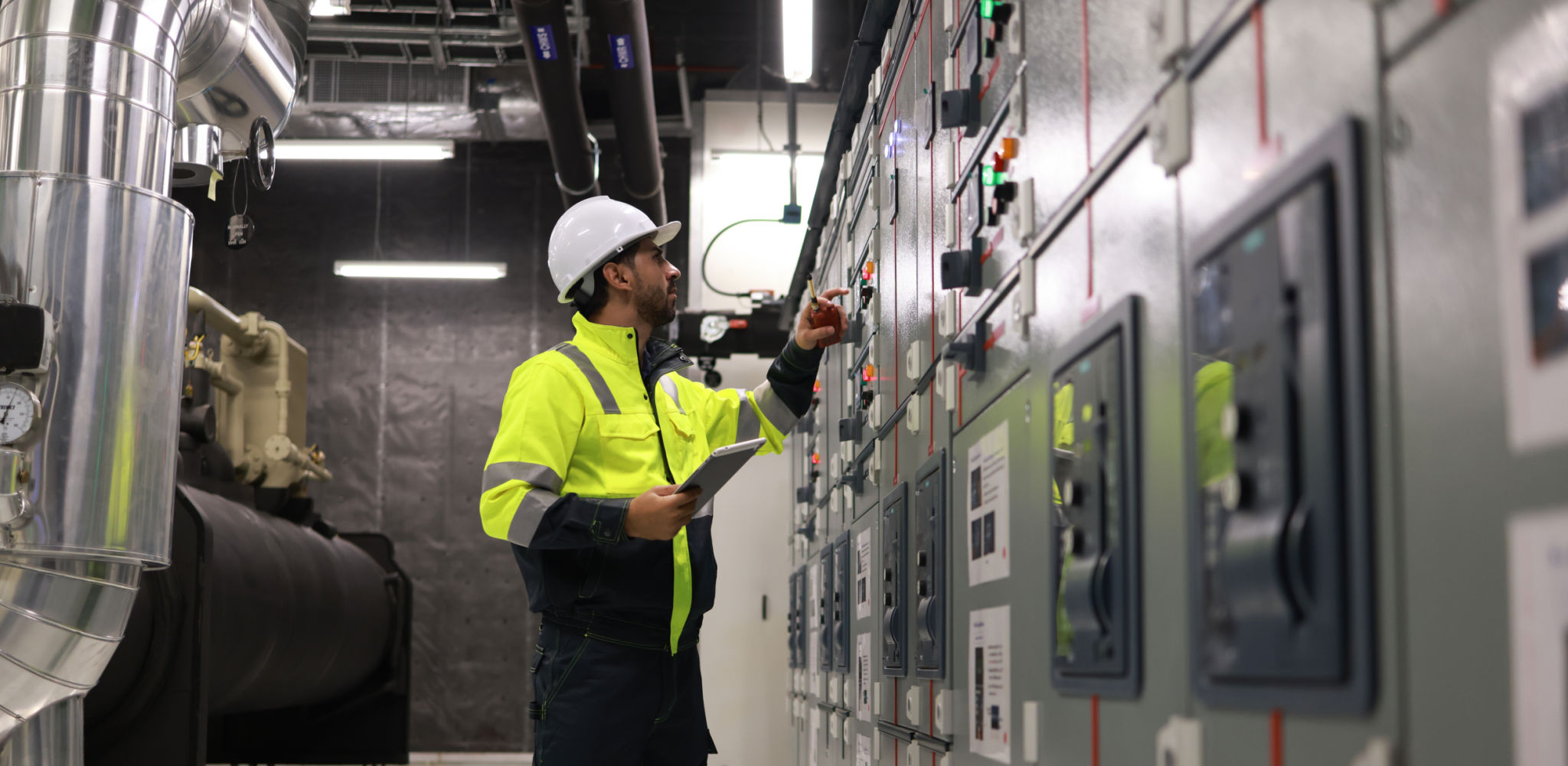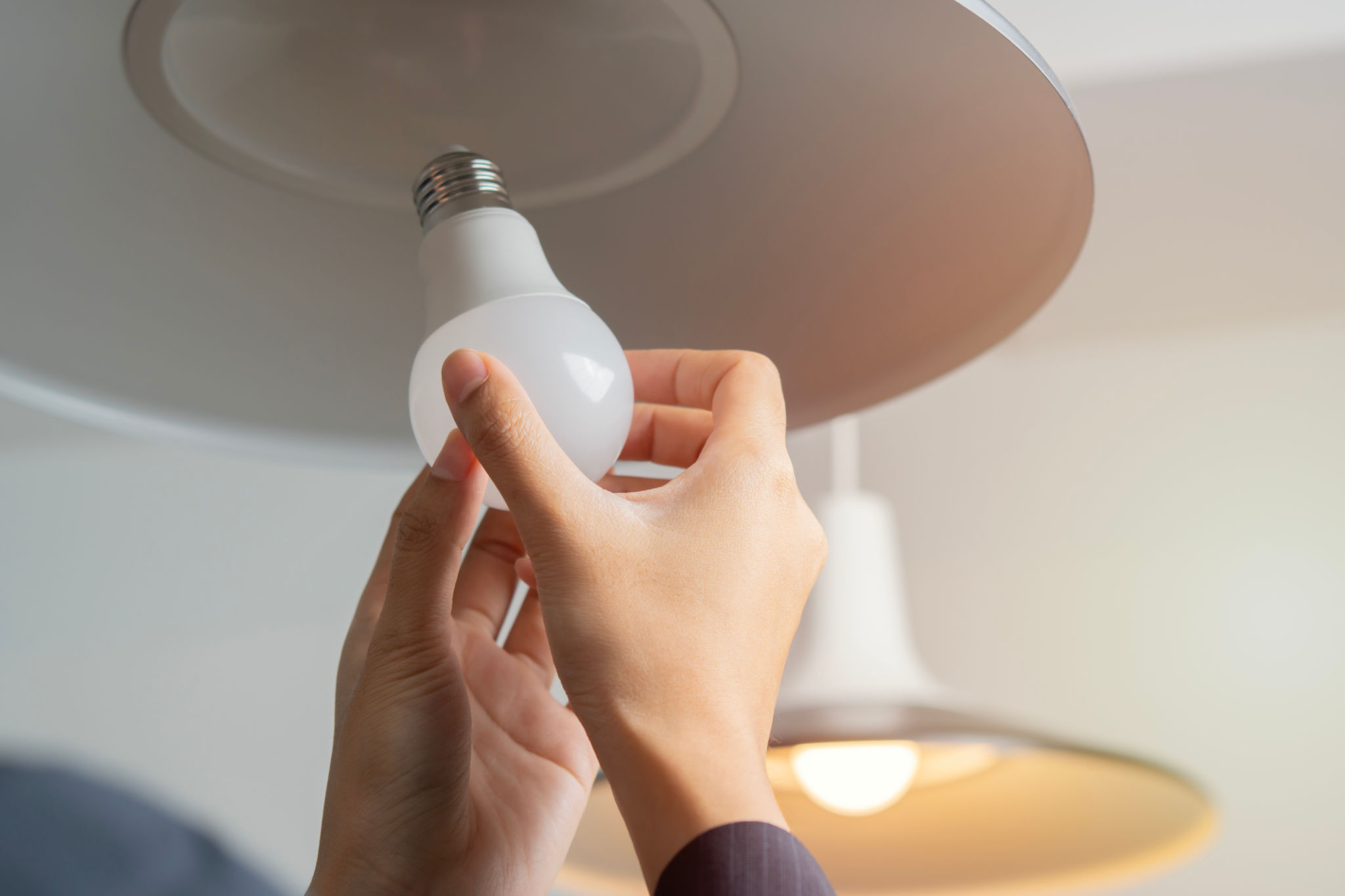DIY Energy Saving Tips: Simple Ways to Reduce Your Home's Energy Consumption
Assess Your Home's Current Energy Use
Before implementing energy-saving strategies, it's essential to understand how much energy your home currently consumes. Start by reviewing your utility bills to get a sense of your monthly energy usage. Consider using an energy monitor to track real-time consumption. This will help identify which appliances or systems are the biggest energy hogs.

Optimize Heating and Cooling
Heating and cooling account for a significant portion of your home's energy use. To reduce these costs, ensure your home is properly insulated and seal any leaks around windows and doors. Installing a programmable thermostat can also lead to significant savings by automatically adjusting the temperature based on your schedule.
Use Fans Wisely
Ceiling fans can be an excellent way to circulate air and reduce the need for air conditioning. In the summer, set fans to rotate counterclockwise to create a cooling breeze. During winter, reverse the direction to clockwise at a low speed to distribute warm air more evenly.
Switch to Energy-Efficient Lighting
One of the simplest ways to cut down on energy consumption is by replacing traditional incandescent bulbs with LED or CFL bulbs. These options use significantly less energy and have a longer lifespan. Additionally, make a habit of turning off lights when leaving a room.

Maximize Natural Light
During the day, take advantage of natural light by opening curtains and blinds. This reduces the need for artificial lighting and can also provide some warmth during colder months. Consider using light-colored paint on walls to reflect more light into your living spaces.
Improve Appliance Efficiency
Household appliances can be major energy consumers. Consider upgrading to Energy Star-rated appliances, which are designed to use less energy without sacrificing performance. For existing appliances, make sure they are well-maintained and used efficiently.
Unplug Devices
Many devices consume power even when they're turned off, a phenomenon known as "phantom load." Unplug chargers, TVs, and other electronics when not in use, or use power strips to easily turn off multiple devices at once.

Water Conservation Techniques
Reducing water usage not only conserves this precious resource but also cuts down on the energy required for heating water. Install low-flow showerheads and faucets, and fix any leaks promptly. Additionally, consider using cold water for laundry whenever possible.
Smart Landscaping
Your home's exterior can also impact energy consumption. Planting trees or shrubs can provide shade in the summer and act as windbreaks in the winter, reducing heating and cooling demands. Choose native plants that require less water and maintenance for an eco-friendly approach.
